The Need
Very young adolescent girls (ages 10 – 14) require unique knowledge and skills to deal with rapid changes in puberty. However, the majority of girls in rural Kenya lack access to the critical information, knowledge, and skills they need to tackle the physical and emotional changes that come with puberty.

Our Approach
We train female teachers to launch Girls Education & Leadership Clubs and provide girls with access to sexual and reproductive health education, leadership development, and ongoing mentorship for them to serve as ambassadors to the wider community on topics of gender equity and the rights of girls.
Through a combination of workshops, peer-to-peer learning groups, and individualized coaching, we provide primary school teachers with the knowledge, tools, and support they need to uplift girls in their schools and communities.
What we do
First piloted in 2022, our teacher-led Girls Education & Leadership Clubs are designed and structured to provide the Guidance, Information, Resources, Life skills, and Safe Spaces (G-I-R-L-S) needed for each girl to make healthy and informed choices about her body, her education, and her future.
Guidance
We train teachers and support school leaders to provide leadership and mentorship for girls.
Information
We train teachers and school leaders on issues that place girls in our community at risk, including sexual and reproductive health, gender-based violence, and gender equity.
Resources
We ensure access to menstrual health management resources (sanitary pads, period calendars, and underwear), access to our on-going curriculum and resources, including our library of digital resources, and we provide secondary school scholarships to girls in need of financial support.
Leadership
We train teachers to position girls as mentors, role models, and advocates for one another and as leaders in their communities.
Safe Spaces
We establish our Girls Education & Leadership Clubs as safe spaces characterized by mutual respect, freedom of expression, empathy, the avoidance of judgment, and a sense of belonging – creating an environment in which every girl is able to build healthy relationships with peers and trusted adults.
Girls United Digital
With support from The L’Oréal Fund For Women, we digitized our Girls United curriculum in order to increase girls’ access to critical information and scale our work more broadly. Our innovative series of animated videos is centered on Kenyan girls sharing health information and delivered in a digital format that is accessible and downloadable for private viewing, putting the girls themselves in the driver’s seat of their learning.
View the full Menstrual Health Management series
Episode 2
What to expect when you get your periods
Episode 3
Using and Changing Pads
Episode 4
Common Questions and Answers
Episode 5
Let’s talk about it
Impact Highlights
39%
After one year of participation in our Girls Education & Leadership Clubs, the number of girls who reported feeling shame around menstruation decreased by 39% (64% at baseline; 25% at endline).
23%
After one year of participation in our Girls Education & Leadership Clubs, we saw a 23% increase in the number of girls who reported feeling confident in class while menstruating (from 19% in baseline to 42% at endline).
Grade 7 GirlMany girls were performing poorly in academics because we feared the teachers and suffered low self esteem. We did not have anyone to share our challenges with, especially period-related challenges, but that has since changed. Our performance and esteem have really improved.”
Grade 7 Girl Sasumua Primary













